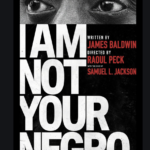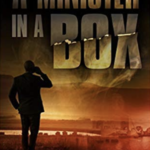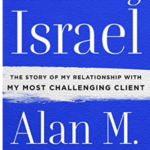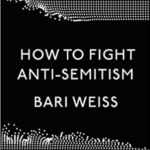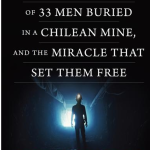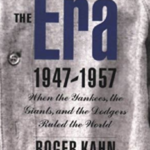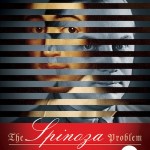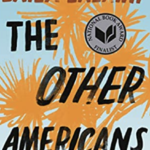The Nightingale by Kristin Hannah
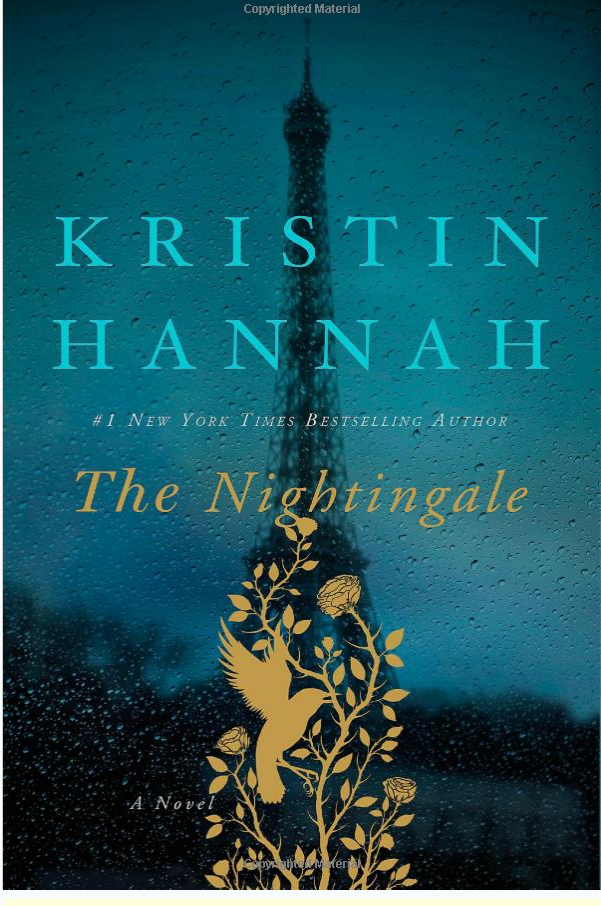 The Nightingale by Kristin Hannah
The Nightingale by Kristin Hannah
If there is any book that has greatly contributed to my understanding of the bravery and resilience of victims of Nazi, Germany it was The Diary of Anne Frank. That book was written by a teenage girl who was hiding in Amsterdam for two and half years until she and her family were betrayed and she was killed. There have been many subsequent books about World War II and the Holocaust. Yet none of them has done it better than The Nightingale by Kristin Hannah, an American novelist who was a lawyer turned writer. She did not go through any horrendous experiences as did Anne Frank and others in her own life but she obviously is a thorough researcher and a very skilled, sensitive writer who has written many successful novels prior to this number one bestseller.
Ms. Hannah has told the story how she came across the account of a Belgian woman, Andrea DeJoneg who was part of the underground resistance during World War II and guided many downed Allied pilots across the Pyrenees Mountains into Spain at the risk of her own life. Based on her research and her insight into the human psyche, Ms. Hannah was able to create the characters of this book. She recounted the acts of tremendous bravery that were shown by her protagonists and she was empathically able to describe their emotional experiences in a very believable manner.
The author focused mainly on women, particularly two sisters, Vianne and Isabelle Mauriac who were not Jewish and lived in Carriveau, a small French village that was occupied by the Nazis during World War II. The reader comes to understand the backstories of these women. Isabelle, the rebellious one, ultimately becomes a very brave woman who shepherds downed British and American pilots across the rugged mountains to safety, risking the severe repercussions which she knew would happen if she were caught.
Her sister Vianne became a heroine in her own right, hiding Jewish children when their parents were taken away by the Nazis. Her actions reawakened questions that we have asked ourselves over the years. Would we have taken in a child (or an adult) to hide or disguise them, when to have been discovered would not only endanger our lives but those of our children? There was another point in question raised by this book when at the end of the war Vianne is faced with the prospect of now having to give up her five- or six-year-old child that she has raised for the past few years when her Jewish friend was taken away to the concentration camps. Now after the war was over, relatives of the deceased Jewish parents want to take this child to America so family there can raise him. But perhaps the most challenging question that the characters in this book face is whether Vianne should tell her husband, who returned home after being a POW held by the Nazis, that the pregnancy with the child that he now feels is his child, but was actually conceived shortly before they reunited, is really the pregnancy of the brutal rape from the German officer who made her house his living quarters before he retreated with the Nazis when the Allies liberated France. Should she have told her husband the truth and should she now more than 40 years after the end of the war tell the truth to the now grownup child who is a successful surgeon and very attentive to his mother.
It is these stories as well as the vivid description of life in occupied France as well in the concentration camps, which are part of this novel that makes this book so unforgettable. It well deserves the acclaim that it is receiving and I’m sure it will be made into an unforgettable movie.
To obtain a copy of this book from Amazon, please click here
Category: FG - Fiction General, FH - Fiction Historical | Tags: Andrea DeJoneg, Carriveau, concentration camps, France, Germany, holocaust, Jews, Kristin Hannah, Nazi, Resistance, The Nightingale, Underground, world war II Comment »

